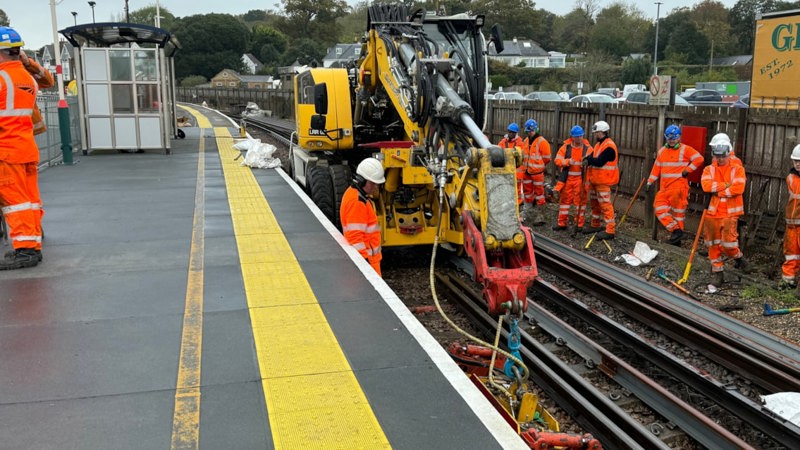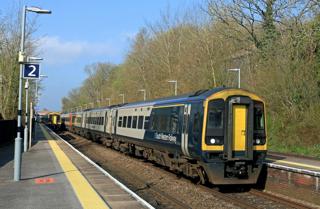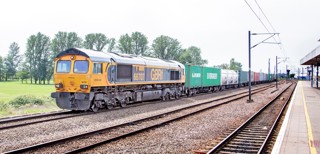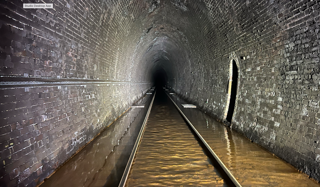
The railway is training only half the number of people it needs, MPs have been told.

The railway is training only half the number of people it needs, MPs have been told.
As part of an examination into “boom and bust” in rail investment, cross-party politicians on the Transport Select Committee wanted to hear about the impact on workforce training.
“If there’s uncertainty in the supply of work, that reduces significantly their training,” warned Neil Robertson, chief executive of the National Skills Academy for Rail.
“The forward business confidence of a supply chain company is typically 11-18 months. The return on investment for a Level 3 Apprenticeship, the bread-and-butter level, is three years. So why would you?”
Stephen Barber, chief executive of the Permanent Way Institution, added: “Companies are laying off people because work is drying up. It would be nice to have some sort of transport strategy. Investment decisions are being taken and then untaken. It doesn’t take long to destroy confidence.”
Jonathan Spruce, of engineering consultants Stantec, chairs the policy committee at the Institution of Civil Engineers. He told MPs: “Stantec is already planning its graduate programme for September 2026 and September 2027. We’re working now on what that recruitment programme looks like: that’s our planning horizon.
“And who delivers this key infrastructure in rail? It seems trite to say it, but the people who will deliver the rail programme are sat in secondary schools, or even primary schools. If the pipeline of work is 15 years, the delivery will be by apprentices who are in primary school today.”
The influential committee of MPs is investigating how developing long-term transparent plans could bring certainty and security to companies who could invest in the skills of their workers.
Robertson advised: “Three years is how far ahead people need to see, to mitigate the risk. In energy and utilities, who faced the same questions, companies were given four + four-year contracts: effectively eight-year contracts with a break clause. They were incentivised to make a lot of investment in skills in the first part of that.
“The way the rail industry is regulated does not help the clients to incentivise their supply chain. The consequence is very high wage inflation. Let’s say it’s 11% a year inflation, and half the cost of a project is people with skills. Then you’ve got over 5% a year compound increase in costs. You have to do something about it at a regulatory level.
“In our procurement, we can require a bidder to train a number of apprentices if they get the work. This was invented by Transport for London in 2007. HS2 have done a fabulous job at taking lots of people into work who were previously jobless. But it has not been such a priority on the mainline railway. I would strongly encourage that.”
Login to continue reading
Or register with RAIL to keep up-to-date with the latest news, insight and opinion.

















Login to comment
Comments
No comments have been made yet.